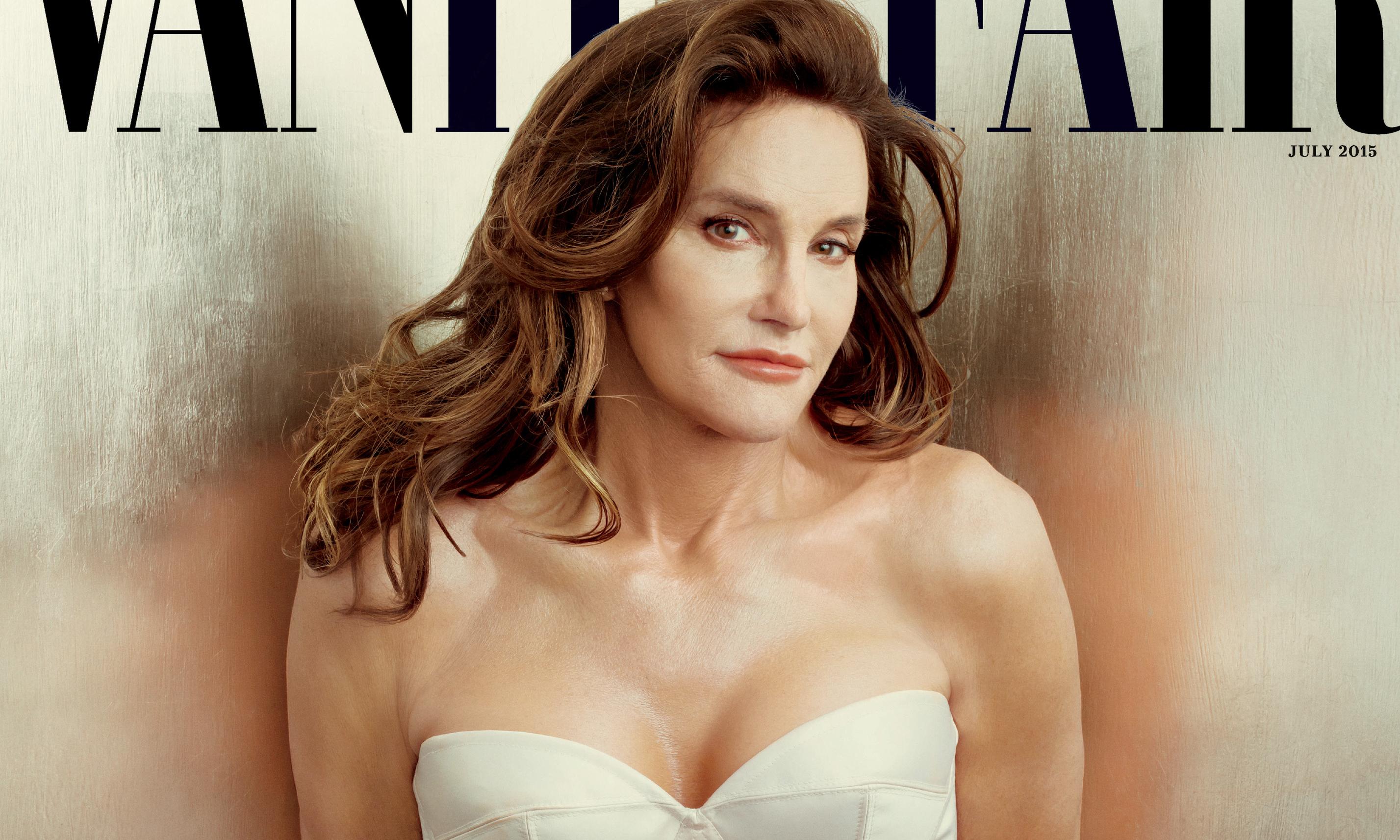When Bruce Jenner came out as a woman this April in an interview with Diane Sawyer, I wasn’t at all surprised to see a huge media reaction. Thousands of people expressed their support and, as was expected, many others expressed their bigotry and hatred.
What I didn’t expect was backlash from one particular group: feminists. Not all feminists conveyed distaste towards Caitlyn Jenner, as she is now called, but many did—namely, radical feminist activist Elinor Burkett and her supporters. Some may remember her from “pulling a Kanye” at the 2010 Oscars by interrupting director Roger Ross Williams’ acceptance speech, griping “Just like a man, never lets a woman talk. Isn’t that just the classic thing?” Yeesh.
Written shortly after the unveiling of Vanity Fair’s famous “Call Me Caitlyn” in the beginning of June, Burkett’s article makes the claim that Caitlyn Jenner is less of a woman than those born with a vagina because she didn’t live her whole life as a woman. This claim is extremely damaging based on its principle alone, but it is even worse considering that it uses feminism as support, when really, feminism contradicts it in every possible way.
It is important to make the distinction that Caitlyn Jenner is not defining herself as a representative of all transgender people or all women. Critics—Burkett and others—have lambasted her choice to appear on the cover of Vanity Fair as the “stereotypical male fantasy of a woman” (taken from a Letter to the Editor of The New York Times praising Burkett). Personally, I don’t see why this should make anyone uncomfortable, especially feminists. Feminism is all about allowing women to make their own choices. Caitlyn Jenner has the right to be as superficial and stereotypically feminine as she wants. It isn’t harmful for women to embrace makeup, and women who do certainly don’t represent women as a whole.
In the interview with Diane Sawyer, Jenner said that her brain is “much more female than it is male.” Burkett latches onto this and uses it to launch a transphobic tirade against the proposition that female brains are different from male brains. Taking this quote out of context, she uses it to declare that the notion that “some sort of gendered destiny is encoded in us” is absurd and sexist. Burkett directly contradicts the neurobiological community’s evidence that men and women do indeed have slightly different brains. As Ben Barres, professor of neurobiology at Stanford, wrote: “There is now plenty of evidence that male and female brains are wired differently. … The compelling need of transgender people to change sex is easily explained by such innate differences.”
These differences are not to say that women are less than men. Burkett compares Jenner’s comments on the “female brain” to those of Lawrence Summers, former Secretary of the Treasury, who declared that women’s brains were wired in such a way that made them inferior to men in subjects like math, explaining the dearth of women in STEM fields. Jenner’s statements are not comparable to Summers’ statements. She is only speaking for herself, not for women as a whole. Furthermore, she is not taking away from women by declaring that they may be different from men.
Trans-exclusionary feminism is inexcusable and does nothing but take away from what the movement is supposed to mean. Feminists shouldn’t tolerate people who claim to be feminists and yet try to delegitimize the experiences that other women face. Feminists shouldn’t tolerate anyone who tries to say that trans women aren’t women or that trans men aren’t men. It is the duty of feminists to root out those damaging opinions.

